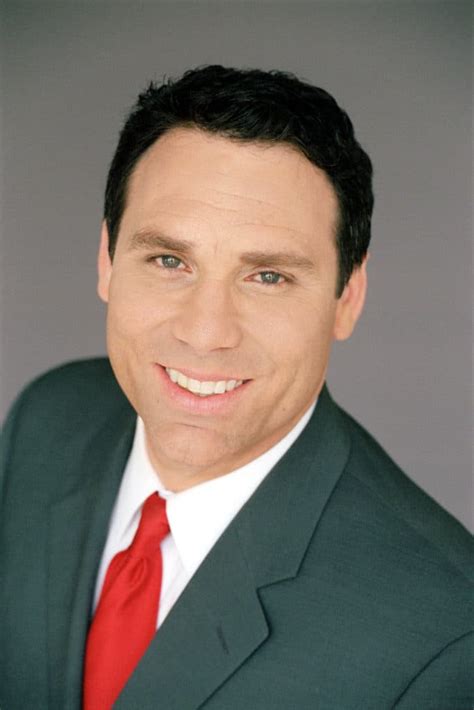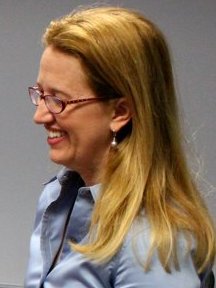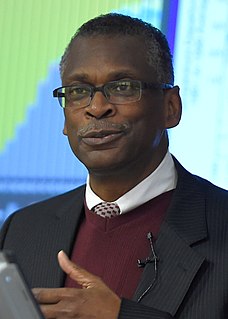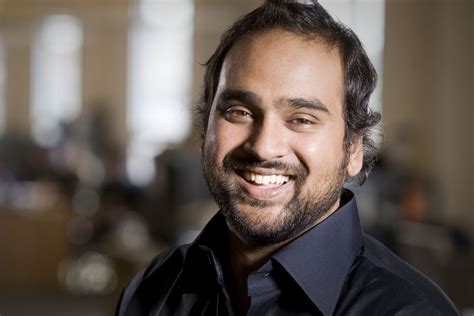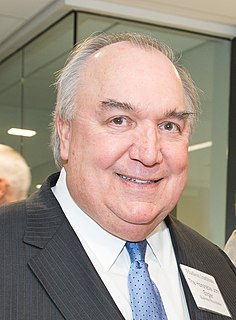A Quote by Garrison Wynn
Communication is like the basics of mechanical engineering, the more moving parts you have the more likely it is to break down!
Quote Topics
Related Quotes
Shiv Nadar University has five schools with 16 departments offering 14 undergraduate, 10 master's and 13 doctoral programmes. The demand for engineering courses - computer science, engineering, electronics, communication engineering, mechanical engineering - is slightly on the higher side compared to other engineering courses.
The point is that families today are spending their money no more foolishly than their parents did. And yet they're five times more likely to go bankrupt, and three times more likely to lose their homes. Families are going broke on the basics - housing, health insurance, and education. These are the kind of bills that you can't just trim around the edges in the event of a downturn.
I've seen the same thing emerge in the research around the interaction of sleeping and moving and eating: if you get a good night's sleep, you are significantly more likely to make the right choices about what you eat the next morning, you're more likely to work out, you're more likely to get a better night's sleep the next night.
I have a daily call thats 2.5 hrs with the entire team: from materials, sourcing, manufacturing, design, sensor, firmware... mechanical engineering?-?all together and they all have to sit through each other's updates... but then understand what those tradeoffs are and I sort of force that communication.
It's an empirical question whether training makes one more or less likely to get in a fight outside the gym. In some ways, I'm probably more likely to get into a fight, because I feel more competent, and I know what it's cost me in the past to back down from fights, and I don't want to feel that way.
'Iron Man 3' was very educational. There's a train that starts moving which already has so many moving parts, and it's a constant process of animatics and storyboards and consulting meetings, and it's a very mechanical process once the script is written. It's sprawling, and they're throwing money at it to get these things accomplished.
It's insane to be a writer and not be a reader. When I'm writing I'm more likely to be reading four or five books at once, just in bits and pieces rather than subjecting myself to a really brilliant book and thinking, "Well what's the point of me writing anything?" I'm more likely to read a book through when I take a break from writing.
People who graduate are more resilient financially, and they weather economic downturns better than people who don't graduate. And, throughout their lives, people who graduate are more likely to be economically secure, more likely to be healthy, and more likely to live longer. Face it: A college degree puts a lot in your corner.
